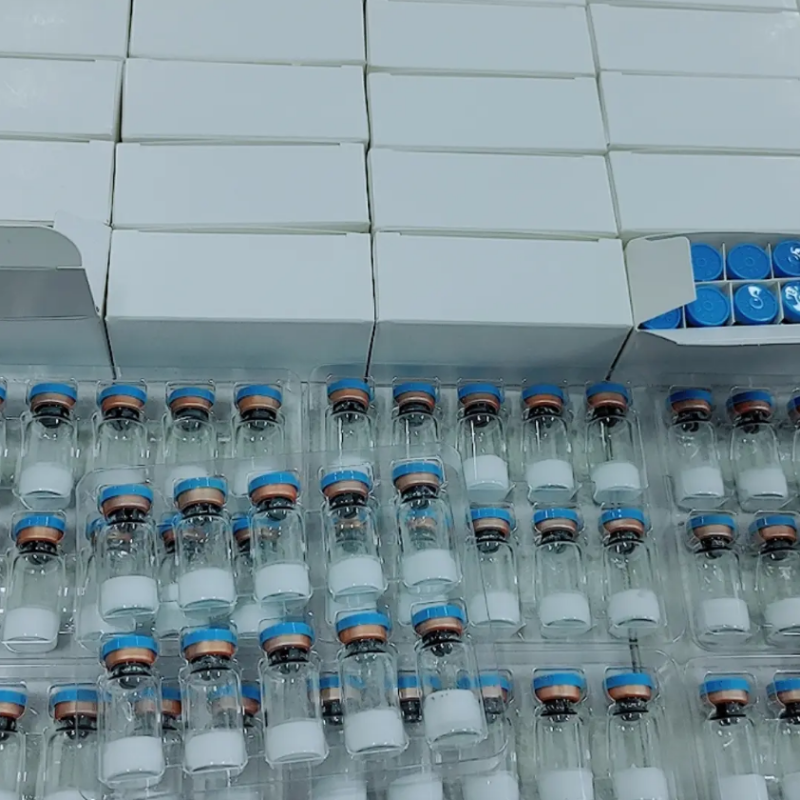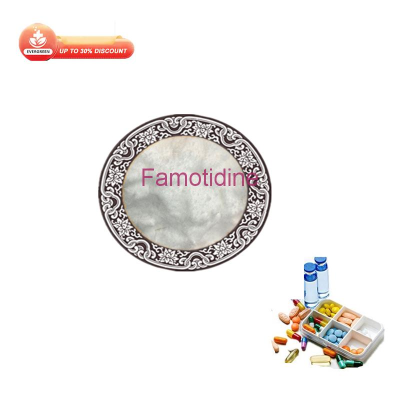-
Categories
-
Pharmaceutical Intermediates
-
Active Pharmaceutical Ingredients
-
Food Additives
- Industrial Coatings
- Agrochemicals
- Dyes and Pigments
- Surfactant
- Flavors and Fragrances
- Chemical Reagents
- Catalyst and Auxiliary
- Natural Products
- Inorganic Chemistry
-
Organic Chemistry
-
Biochemical Engineering
- Analytical Chemistry
- Cosmetic Ingredient
-
Pharmaceutical Intermediates
Promotion
ECHEMI Mall
Wholesale
Weekly Price
Exhibition
News
-
Trade Service
Recently, a two-blind, randomized, two-arm pilot multi-center study compared the efficacy of fecal microbiome transplantation (FMT) and FMT combined lactic acid bacteria (FMT-L) to treat relapse tract infection (R-CDI) and differences in the gut microbiome, the results of which were published online in Can J Gastroenterol Hepatol.
study included 21 patients (13 in the FMT group and 8 in the FMT-L group), and 21 patients were followed for 90 days from the study.
stool samples were obtained from selected patients on the 0th, 3rd, 7th and 28th days after treatment.
stool samples and FMT were analyzed using 16S rRNA sequencing.
, the daily amount of detopation decreased in both groups, from 8.6 in the first 48 hours to 3.2 (a decrease of 62.7 per cent, p=0.001).
no record of serious adverse reactions or relapses.
Firmicutes is the most abundant category in the supply.
the relative abundance of protein bacteria detected, and are mostly present in patients, even higher proportion than the supply.
also have relatively few Bacteroidetes in the donor's pool, and some patients have a higher abundance of this category.
there were significant differences in microbiomes based on ANOSIM R values, substrate samples and samples taken on 7 days (P=0.045) and 28 days (0.041).
, the results show that traditional FMT and lactic acid-rich FMT are clinically and genomically similar, with the recovery of bacterial diversity observed on the 7th and 28th days and the resolution of bacterial disorders.
patients with first relapses who received FMT treatment responded well and did not have serious adverse reactions, and FMT should be considered as an early treatment during R-CDI.
。







